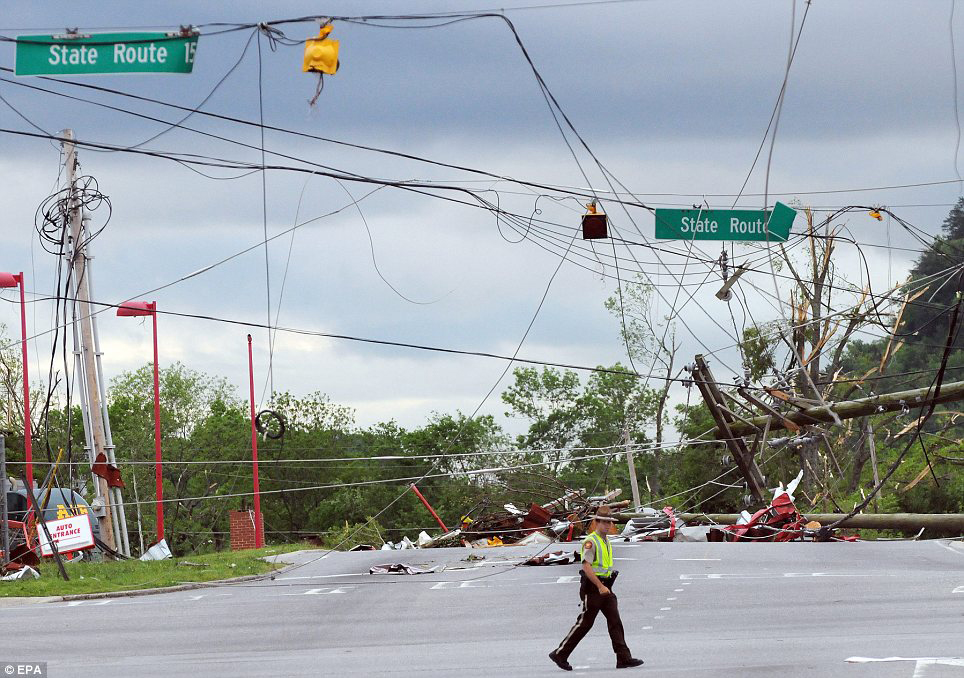- Advertisement -

Popular
Foodborne Illness: What You Should Know
Foodborne illness is a common – yet preventable – public health problem. Ensuring food safety is increasingly more important as food trends change along with the globalization of our food supply. To prevent foodborne illness, it is necessary to understand how food becomes unsafe to eat and what proactive measures can be taken.
Tailgate Party Food Safety
Because tailgate parties are an all-day food grilling and feast, there is an increased risk of foodborne illness. Cooking outdoors presents a food safety challenge. Not not only does bacteria multiply faster in warmer temperatures, but preparing food outdoors makes safe food handling more challenging. Every good tailgate party starts with a good game plan - that should include food safety.
Grilling and BBQ Food Safety
Summer months brings out everyone's barbecue grills. But, in warmer temperatures - additional food safety care must be taken because bacteria multiply faster. Following a few simple principles and guidelines can prevent a food illness.
Harmful Foodborne Bacteria
Bacteria are a member of a large group of unicellular microorganisms - some of which can cause human disease. Although most bacteria are harmless or often beneficial, some bacteria are pathogenic, or those that can pose a threat to human health or cause illness. Bacteria and viruses are responsible for most foodborne illnesses and are the biggest threat to food safety.
Food Safety for Grilling Ground Beef
Ready to start grilling hamburgers? Bacteria is of special concern with ground beef - because when beef is ground - more of the meat surface is exposed to potential harmful bacteria. For this reason, ground beef must be cooked to an internal temperature of 160°F, so as to kill all the bacteria and avoid foodborne illness.
























